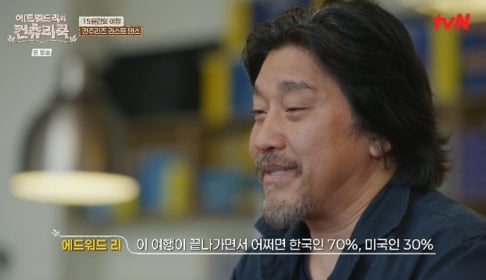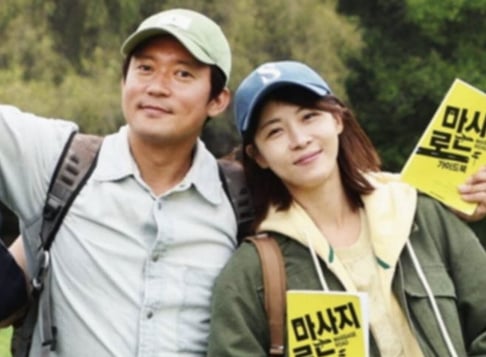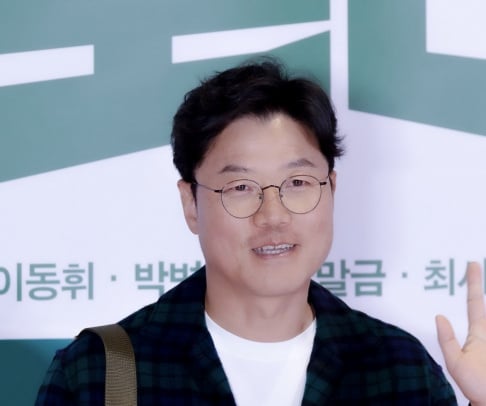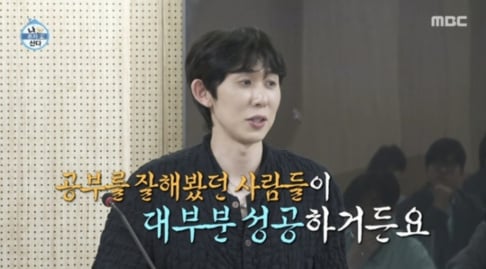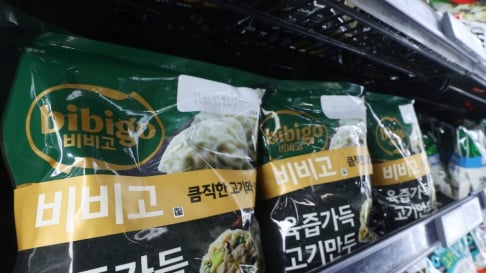
Actress Lee Ji Ah has skipped an event following the controversies surrounding allegations of document forgery by her father and the pro-Japanese past of her grandfather, Kim Soon-heung.
Lee Ji Ah was originally scheduled to attend a jewelry brand event at a hotel in Yongsan-gu, Seoul, this afternoon (24th, KST), but it has been reported that her name was omitted from the event’s attendee list.
At the event, she was expected to pose at the photo wall alongside Bigbang member G-Dragon, actor Ma Dong-seok, Keum Sae-rok, Got7’s BamBam, and (G)I-DLE’s Jeon So-yeon.
Her absence is being interpreted as a reaction to the recent reports about the document forgery allegations against her father and the controversy over her grandfather’s pro-Japanese activities.
Lee Ji Ah’s father is accused of forging a power of attorney by using the seals of his siblings during the repurchase process of land valued at 3.5 billion won that belonged to her grandfather, Kim Soon-heung. As a result, he is currently engaged in legal disputes with his nephews.
Following the disclosure of these allegations, Lee Ji Ah’s agency, BH Entertainment, stated on the 21st, “Since becoming independent at the age of eighteen, I have never received any financial support from my parents. Due to a complicated and regrettable family history, I have been estranged from my parents for over ten years. I am completely unaware of any disputes over family assets or lawsuits regarding the land, and I have no connection with them.”
Regarding her pro-Japanese grandfather, Lee Ji Ah said, “I have no memories of him since he passed away when I was two years old. I was never aware of any pro-Japanese activities while growing up.”
She added, “After first reading about this in a 2011 article, I visited the Institute of National Issues several times to verify the facts and study the relevant materials.”
She further emphasized, “I have confirmed my grandfather’s donation records. Even considering the historical context, such actions cannot be justified under any circumstances. If the land in question—located in Anyang and at the center of this controversy—was acquired during the Japanese colonial era, it must be returned to the state.”
SEE ALSO: Sungmin reportedly parting ways with SM Entertainment to pursue his career in trot
 SHARE
SHARE








